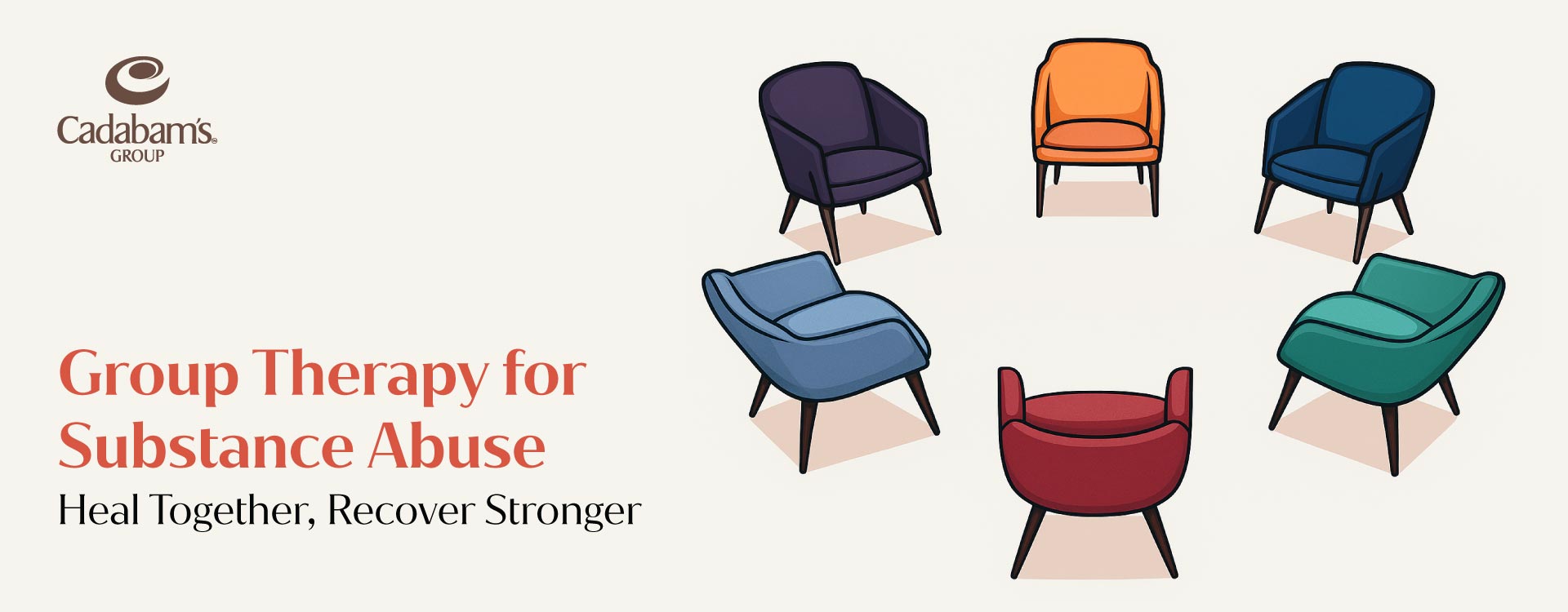How stress influences addiction?
Stress is an absolute nature’s call and it is an inevitable part of daily life. It might be chasing a work deadline, tangled in traffic or being worried about future event. These kind of emotional situations activate the stress-responsive cells. As a result, the person experiences stress. The time lapse of the stress may vary according to the severity of the issue. Sometimes it snaps out in few minutes, or sometimes it invades for a prolonged duration.
When exposure to stress is prolonged, some of them find healthy & effective ways to deal with it. Some of them are fitness, listening to music or speaking out to someone. Some others find it difficult to cope with it and in the process look at ways to escape reality. One of the common ways to escape reality is to sniff & smoke it out. As per research, the top 5 Most dangerous Addictive Substances in the world are,
- Nicotine
- Amphetamines
- Cocaine
- Alcohol
- Prescribed drugs
How do these substances cause addiction?
Consuming these substances release a brain chemical called ‘dopamine’. The neurotransmitter compound which is otherwise called the “happy cell” is responsible for an individual to feel happy, satisfied and motivated. Unfortunately, this has been the factor behind intense craving and behavioural change.
Substances such as alcohol, tobacco or drugs cause the brain to release increased level of dopamine. Immediately, the body and mind gets a supercharge. And once the effect of it reduces, the person begins to consume it even more. On the long run the person builds tolerance on the substances and eventually it leads to unrelenting addiction.
Effects of stress and addiction on the body:
The stress works like this: when the body senses some sort of danger, the veins constrict and sends more blood to the muscles. This action allows the brain to decide whether to flee or defend. If the same action continous for a longer period of time (i.e stress out of control) it impacts the body and mind severely, merely it strikes all the major systems.
Some of the physical outcomes of stress include headache, dizziness, indigestion issue, nausea and high pounding of heart. Stress also induces emotional effects that include depression, anxiety, mood swings, social isolation and overwhelming condition.
Addiction impacts both mentally and physically comparing to stress. Long-term practice of substances may have a major toll on the body such as lungs damage, liver failure, kidney failure and major heart diseases. The individual might endure few behavioural side effects such as hopelessness, low energy, lack of interest, low self-esteem and sleep issues. Furthermore, the person may have a increased chance of encountering psychological disorders like paranoia, anxiety disorder, clinical depression and schizophrenia.
How to manage stress and addiction:
- Recognize the triggers
Identifying the trigger is one the of key ways to snap out of stress and addiction. The source of trigger can be anything- it might be a place, person or a situation. Identify the factor which drives you to addiction, recognize that factor and offset the desire.
- Plan in advance
Once the person gets organised with time and task management, automatically it reduces the stress and chance of getting into addiction. Once the individual has a solid grip on triggers, they can plot the plan for the specific conditions. It can be as simple as not attending the parties where alcohol is served, it may be taking an alternative route to avoid the places where substances being sold or it might be avoiding the situations/conditions that might induce stress.
- Create new hobbies
Studies state, brain becomes more active and motivated when it tries to learn some new information. In spite of fighting with the thoughts of intense craving, redirect it towards hobbies. Create or learn new hobbies which can provide peace of mind and break down discomforts. Furthermore, hobbies can make the intentions stronger, divert the unnecessary thoughts and improve your concentration.
- Surround yourself with supportive people
One of the best ways to hold on to de-addiction is to surround yourself with the people who support the purpose. Good healthy company will help you cope better with stress and keep you away from addiction.
- Be a rational thinker
“I’m stressed, so I want to smoke”
“I’m ashamed of waking up with hangover”
“It’s not going to happen, I can’t fight this anymore”
First, the individual needs to get rid of these thought patterns immediately. For instance, if an individual is experiencing a bad day with the boss at work, . he/ she thinks about smoking or visiting a nearby liquor shop. Instead of that, think of the solution and pull out nugget of knowledge and try to perform better at workplace.
- Choose a healthy lifestyle
Practice regular fitness for at least 20 minutes each day. Ensure you follow a right kind of diet and consume nutritious food. Sleep for 8 hours and follow a similar sleep pattern throughout the week. This might allow the person to focus more on well-being and keeps one away from the thoughts of substances and divert their urge/ craving.
- Seek professional help
Recovering from addiction-related issues is not easy. There is no shame in asking help to a medical professional. Counselors and therapist may diagnose the severity of the addiction and provide the right treatments and therapies which might suit them. For evidence-based treatments and therapies call Cadabams @ +91 96111 94949.
.webp)
.jpg)






